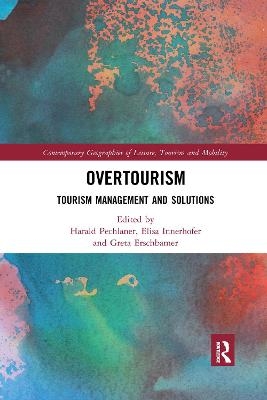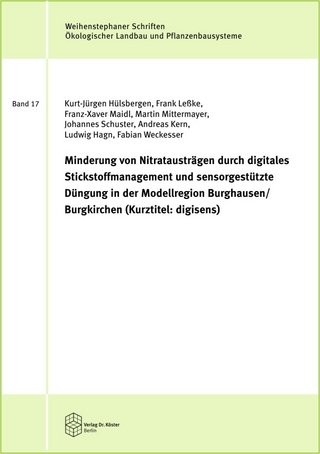
Overtourism
Routledge (Verlag)
978-1-032-33798-2 (ISBN)
Overtourism explores a growing phenomenon in tourism that is currently creating tensions in both urban and rural tourist destinations worldwide. This volume proposes a framework for a series of possible solutions and management strategies for dealing with overtourism and the various negative impacts that large quantities of tourists can impose.
Questioning the causes of this phenomenon – such as increased prosperity and mobility, technological development, issues of security and stigma for certain parts of the world, and so on – this book supposes that better visitor management strategies and distribution of tourists can offset the negative impacts of overtourism. Individual chapters focus on a range of destinations including Venice, Barcelona and Dubrovnik, as well as UNESCO cultural and natural heritage sites, where local political actors and public authorities are not always able to deal with the situation effectively.
Integrating research and practice, this book will be of great interest to upper-level students, researchers and academics in tourism, development studies, cultural studies and sustainability, as well as professionals in the field of tourism management.
Harald Pechlaner is head of the Center for Advanced Studies at Eurac Research, Bozen-Bolzano, Italy and Professor and holder of the Chair of Tourism, Catholic University of Eichstaett-Ingolstadt, Germany. Elisa Innerhofer is a Senior Researcher at the Center for Advanced Studies at Eurac Research, Bozen-Bolzano, Italy. Greta Erschbamer is a Researcher at the Center for Advanced Studies at Eurac Research, Bozen-Bolzano, Italy.
Part 1: Overtourism – Introduction to the topic. 1. Overtourism: the challenge of managing the limits 2. Overtourism and resistance: Today's anit-tourist movement in context 3. Strategy is the art of combining short- and long-term measures - empirical evidence on "overtourism" from European cities and regions. 4. Problem and solution awareness in overtourism: A delphi study. 5. UNESCO, cultural heritage sites and tourism: a paradoxical relationship. Part 2: Management Concepts and Possible Solutions 6. Development of core indicators for the assessment and analysis of sustainable city tourism. 7. Constantly adapting – approaches for effective visitor monitoring and adaptive visitor guiding in the Black Forest National Park. 8. Visitor management in highly-visited attractions: Lessons that practitioners can learn from the U.S. Theme Park Industry and the National Parks. 9. Key themes for tourism development management. Lessons from Venice. 10. Between seasonability and overtourism in seaside destinations. A multi-stakeholders’ perception of hosting music events during summer season. Part 3: Governance, monitoring and Outlook. 12. Overcrowding of tourism destinations: some suggestions for a solution. 13. How to manage the threatening phenomenon of ‘overtourism’? Early detection measures in Vienna. 14. Visitor management in world heritage sites: Does overtourism-driven traffic management affect tourist targets, behavior and satisfaction? The case of the Dolomites UNESCO WHS (Italy). 15. The end of tourism through localhood and overtourism? An exploration of current destination governance challenges
| Erscheinungsdatum | 14.06.2022 |
|---|---|
| Reihe/Serie | Contemporary Geographies of Leisure, Tourism and Mobility |
| Zusatzinfo | 13 Illustrations, black and white |
| Verlagsort | London |
| Sprache | englisch |
| Maße | 156 x 234 mm |
| Gewicht | 376 g |
| Themenwelt | Technik ► Umwelttechnik / Biotechnologie |
| Wirtschaft | |
| ISBN-10 | 1-032-33798-2 / 1032337982 |
| ISBN-13 | 978-1-032-33798-2 / 9781032337982 |
| Zustand | Neuware |
| Haben Sie eine Frage zum Produkt? |
aus dem Bereich


